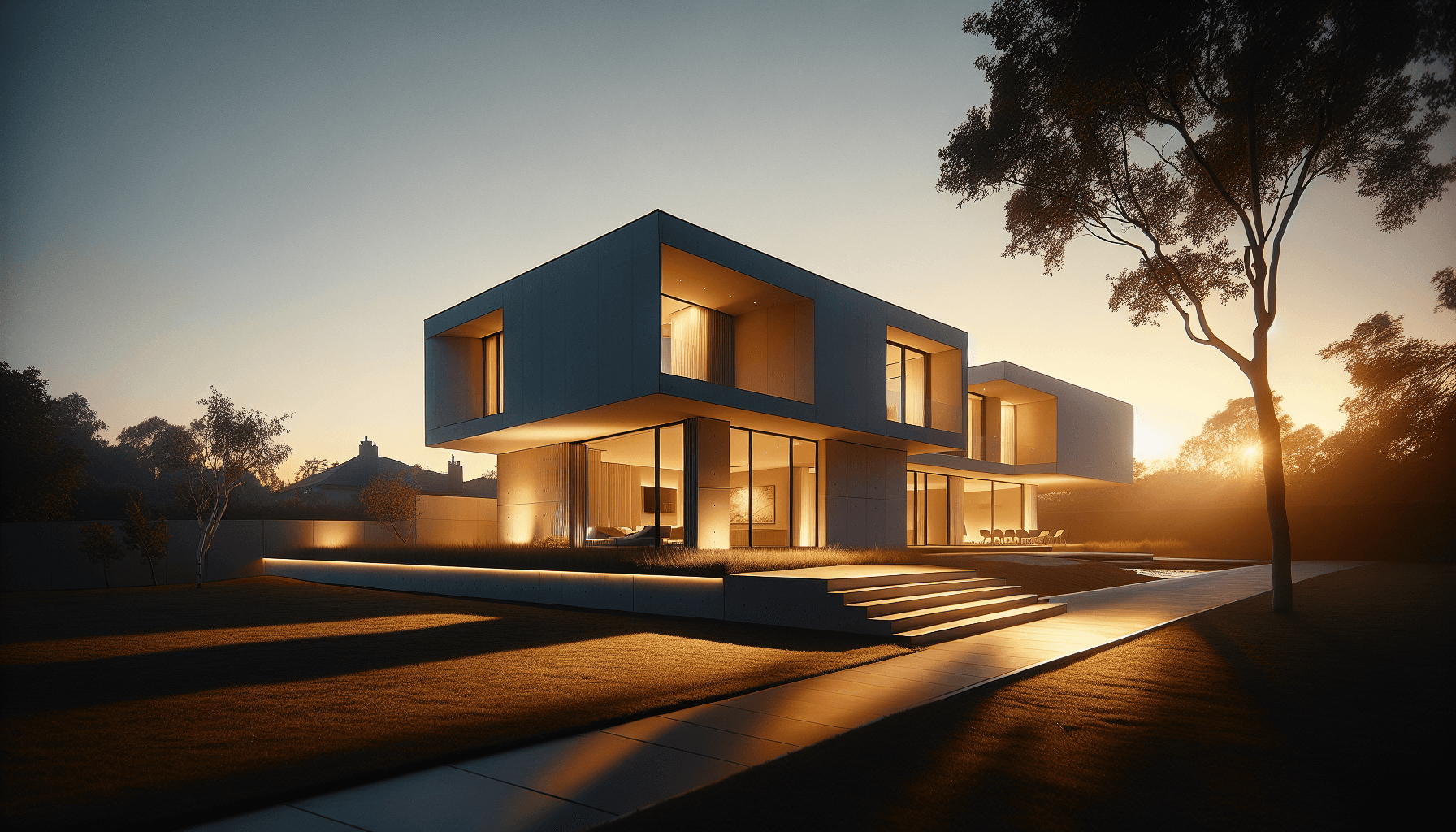What is a Cul-De-Sac and Why Are They Popular in Neighborhoods?
I love exploring unique neighborhood features, and cul-de-sacs stand out as one of the most interesting street designs in residential areas. These distinctive dead-end streets have shaped suburban living for generations, creating pockets of community within larger neighborhoods.
Cul-De-Sac: A cul-de-sac is a dead-end residential street that ends in a rounded, widened area designed to allow vehicles to turn around easily. This circular design is popular in suburban neighborhoods since it creates a quiet setting with minimal through traffic.
Introduction to Cul-De-Sacs
The term "cul-de-sac" comes from French, meaning "bottom of the sack" - a perfect description of how these streets look from above. While they've existed for centuries, these street designs really took off after World War II during the suburban housing boom. Developers saw them as an ideal way to create peaceful residential spaces away from busy thoroughfares.
Design and Physical Characteristics
The typical cul-de-sac features a circular turning area about 100 feet in diameter. This space gives cars enough room to turn around without backing up. Some variations include:
Teardrop designs that maximize yard space
Hammerhead layouts shaped like a "T"
Court-style arrangements with wider openings
Benefits of Living on a Cul-De-Sac
I've noticed that homes on cul-de-sacs often sell faster than similar properties on regular streets. Here's why people love them:
Safety comes first - with minimal traffic, kids can play more freely. Parents often feel more comfortable letting their children ride bikes or play street games since they can see the entire area from their homes.
The circular design creates natural gathering spaces. Neighbors chat while getting mail, kids draw with sidewalk chalk, and impromptu block parties just seem to happen more often.
Property values tend to be higher too. Buyers often pay more for cul-de-sac homes, making them solid investments.
Potential Drawbacks
No street design is perfect. Some challenges include:
Fire trucks need more space to maneuver
Snow plows might take longer to reach these streets
Package delivery services might need to back up their trucks
Parking can get tricky during parties or holidays, and sometimes neighbors disagree about using the shared turn-around space.
Urban Planning Perspective
Modern developers still include cul-de-sacs in their plans, especially in upscale communities. They work well in areas with natural barriers like streams or hills. Some planners debate their efficiency, noting that they require more infrastructure per home than grid patterns.
Real Estate Investment Considerations
If you're thinking about buying a cul-de-sac home, consider these market factors:
Families with young children often seek these properties
Houses typically maintain strong resale value
Corner lots might offer larger yards
Tips for Buying a Cul-De-Sac Home
Look at the lot's position carefully. End lots might offer more privacy, while inner lots could give you better views of neighborhood activity. Consider:
Sun exposure throughout the day
Distance from the main road
Size and shape of the yard
Ready to Find Your Perfect Cul-De-Sac Home?
Cul-de-sacs offer unique benefits for homeowners seeking quiet, community-focused living. If you're interested in exploring cul-de-sac properties, Bellhaven Real Estate has exclusive listings in many desirable neighborhoods. Our team knows exactly what makes these special properties tick and can help you find the perfect spot to call home.

